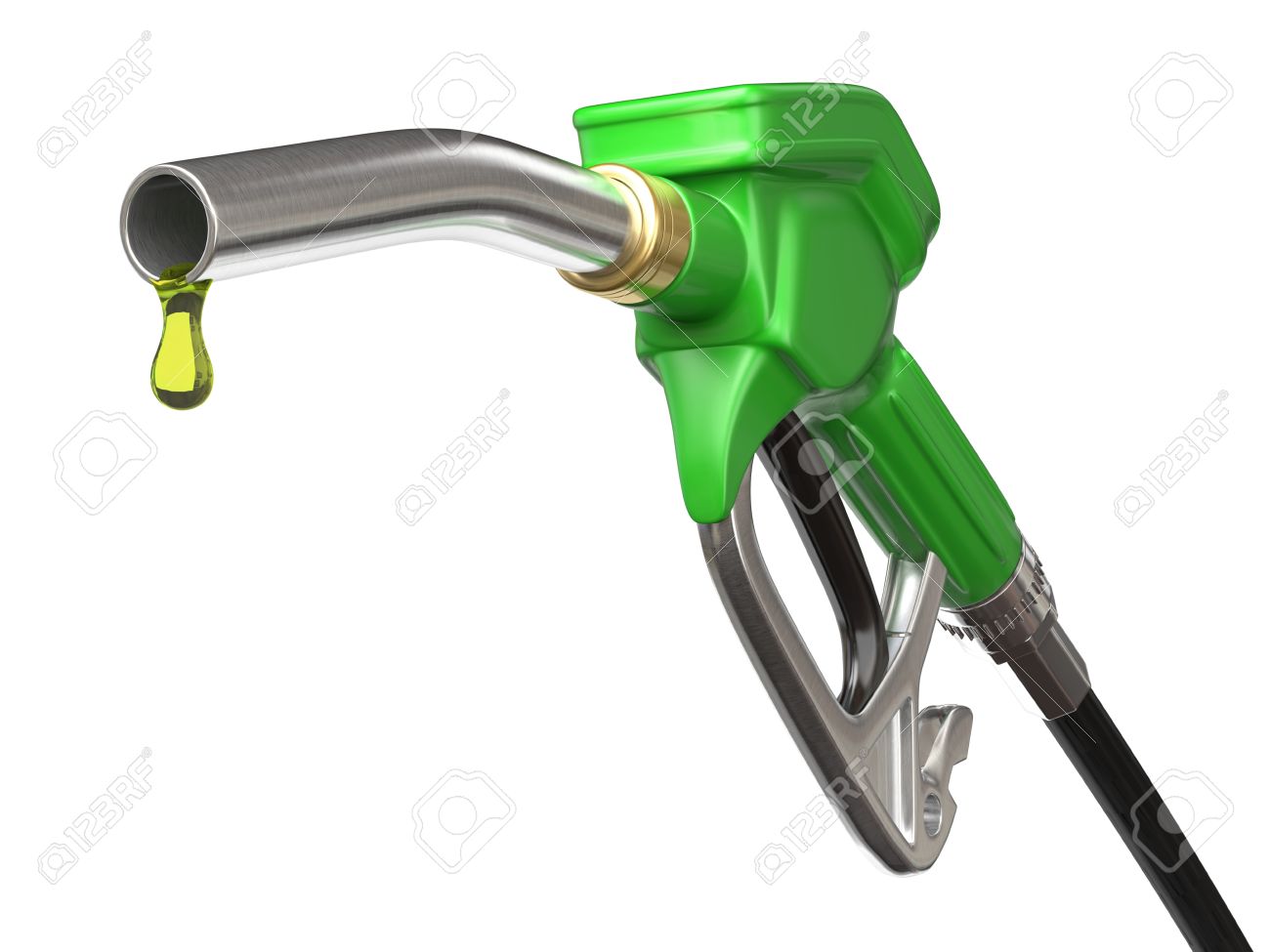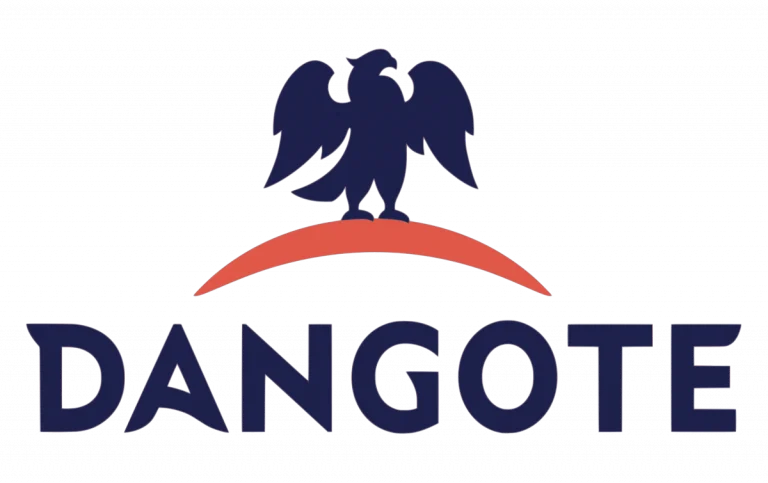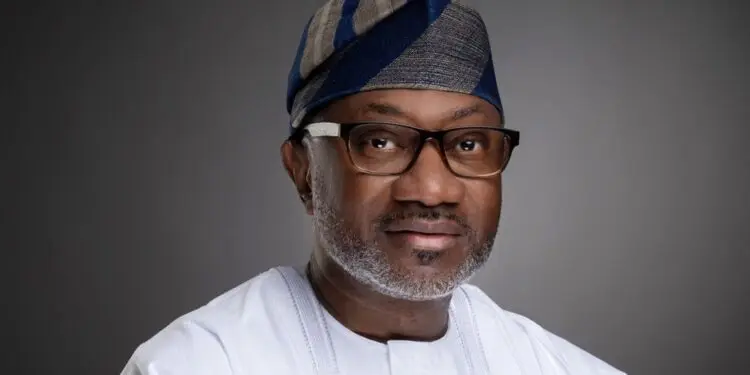Business
Fuel Price Hike: Marketers Give Conditions To Buy Dangote Petrol, Eye Import

Petroleum marketers in Nigeria say they are standing in limbo over the controversy surrounding Dangote Refinery Premium Motor Spirit (petrol) pricing as released by the Nigerian National Petroleum Company Limited on Monday.
This comes as the petroleum marketers demanded that Dangote Refinery should disclose the price it sold petrol to NNPCL for transparency.
Marketers further noted that the country cannot depend on domestic Petrol production to satisfy its daily consumption which stood at N50 million according to Nigerian Midstream and Downstream Petroleum Regulatory Authority latest data.
The President of the Petroleum Products Retail Outlets Owners Association, PETROAN, Billy Gillis-Harry and the President of the Independent Petroleum Marketers Association of Nigeria, Abubakar Maigandi made this demand in a separate interview with DAILY POST on Monday.
Fresh petrol price hike looms
Recall that NNPCL on Monday announced a list of retail prices of Dangote Petrol across its outlets nationwide.
The new petrol prices showed that petrol will be sold at N950.22 per liter in Lagos State. Oyo and other South West states will pay N960 per liter for Petrol.
In Federal Capital Territory (Abuja), Kano, Kaduna petrol price will stand at N999.22 per litre.
Also in Imo and Rivers states, the price of petrol will be N980.2, while Borno State will pay N1,019.22 per litre.
READ ALSO: PHOTOS: 300 NNPC Trucks Converge On Dangote Refinery To Lift Petrol
Although it was gathered on Monday that the new prices have not been affected, the pump price of fuel may soon go up across the country.
Meanwhile, it was observed that NNPCL is yet to announce the price it would sell Dangote Refinery Petrol to marketers, owners of a majority of fillings stations in Nigeria.
The pump price of petrol at Independent marketers’ filling stations usually surpasses that of NNPCL retail outlets by over N100, which may bring the price of fuel to around N1,200 per liter.
Dangote Petrol Price Controversy
Dangote Refinery commenced first distribution of Petrol at the weekend with NNPCL as an official offtaker.
NNPCL had revealed that Dangote Refinery sold petrol to them at N898 per liter.
However, Dangote Group faulted NNPCL, but did not disclose the actual price it sold its inaugural petrol.
READ ALSO: NNPCL, Dangote In Marathon Meetings Over Petrol Pricing
The development resulted in a petrol price controversy which further worsened the crisis in the sector.
Why Dangote Refinery should tell Marketers petrol price – Gillis-Harry
Reacting, PETROAN president, Gillis-Harry called for absolute transparency in the oil and gas sector.
According to him, the Dangote Refinery needs to come open to stakeholders on the exact price of its petrol as a prerequisite for marketers to purchase the product.
“Dangote Refinery should tell us what price it is selling its petrol since NNPCL has given its selling price.
“We should be able to know exactly what price that is coming from Dangote Refinery Petrol to us. We should know how NNPCL will deal with us. As it is now, we are standing in limbo”, he told DAILY POST.
NNPCL yet to release Dangote Petrol price for Marketers – IPMAN
On his part, IPMAN president, Maigandi said he is waiting for the NNPCL to release the prices it would sell Dangote Petrol to marketers.
READ ALSO: Flood: Health Minister, Pate Provides Medical Outreach To Displaced People
He expressed displeasure with the scheme of things within the sector over the conflicting petrol pricing coming from Dangote Refinery and NNPCL.
“We are waiting for NNPCL to release prices that independent marketers will be buying petrol. They have not.
“We are buying directly from NNPCL, not Dangote Refinery. Marketers can cope without any rate.
“We, marketers, are not happy with the high cost of petrol because you have to use a huge amount of money to get the product.
“Dangote Refinery has established its facility, let the government try to make the other refineries function, this may lead to a reduction in the prices of petrol”, he told DAILY POST.
Nigeria can’t depend on Dangote Refinery – Marketers
When asked whether marketers would look to importation amid the cost of Dangote Refinery Petrol, Gillis-Harry said, “Dangote Refinery is producing about 25 million liters a day. That is just about 15,000 metric tonnes which is less than one cargo.
“And NNPCL has been selling so many cargoes to depot owners, including our members, to distribute to Nigerians previously.
“What it means is that we’re not going to be dependent on the petrol product that is produced in-country. There must be a level of importation to make up for the difference.”
Business
NNPCL Announces Restoration Of Escravos-Lagos Pipeline

The Nigerian National Petroleum Company Limited (NNPCL) has announced the complete restoration of the Escravos-Lagos Pipeline System (ELPS) in Warri, Delta State, following the recent explosion on the asset.
The chief corporate communications officer (CCCO) of the nation’s oil company, Andy Odeh, in a statement, said that the pipeline is fully operational, reiterating the company’s resilience and commitment to energy security.
“NNPC Limited is pleased to announce the successful restoration of the Escravos-Lagos Pipeline System (ELPS) in Warri, Delta State.
READ ALSO:Fuel Price Cut: NNPCL GCEO Ojulari Reveals Biggest Beneficiaries
“Following the unexpected explosion on December 10, 2025, we immediately activated our emergency response, deployed coordinated containment measures, and worked tirelessly with multidisciplinary teams to ensure the damaged section was repaired, pressure-tested, and safely recommissioned.
“Today, the pipeline is fully operational, reaffirming our resilience and commitment to energy security. This achievement was made possible through the unwavering support of our host communities, the guidance of regulators, the vigilance of security agencies, and the dedication of our partners and staff.
“Together, we turned a challenging moment into a success story, restoring operations in record time while upholding the highest standards of safety and environmental stewardship.
“As we move forward, NNPC Limited remains steadfast in its pledge to protect our environment, safeguard our communities, and maintain the integrity and reliability of our assets. Thank you for your trust as we continue to power progress for Nigeria and beyond,” the statement read.
Business
Dangote Unveils 10-day Credit Facility For Petrol Station Owners

The Dangote Group has announced a 10-day credit facility backed by a bank guarantee for petrol station owners and dealers, alongside free direct delivery and other incentives, as part of a new supply arrangement.
The company disclosed this in a statement posted on its official X handle on Tuesday, inviting petrol station operators across the country to register to benefit from the offer.
According to the statement, participating dealers will enjoy “a 10-day credit facility backed by a bank guarantee,” with a minimum order requirement of 5,000 litres.
“Our free direct delivery service will commence soon,” the group said, adding that the offer is open to “all petrol station owners and dealers.”
READ ALSO:Dangote Sugar Announces South New CEO
The Dangote Group further called on operators to register their stations to access the supply arrangement.
“Register your petrol stations today to benefit from our competitive gantry price,” the statement read.
The company also disclosed that petrol supplied under the arrangement will be sold at a gantry price of ₦699 per litre.
For enquiries, the group provided the following contact numbers: 0802-347-0470, 0809-324-7070, 0809-324-7071 and 0203.
READ ALSO:Dangote Refinery Dispute: PENGASSAN Suspends Strike After FG Intervention
The announcement follows a recent petrol price adjustment by the Dangote Petroleum Refinery.
The PUNCH earlier reported that the refinery reduced its ex-depot petrol price from ₦828 to ₦699 per litre, representing a ₦129 cut or a 15.58 per cent reduction.
An official of the refinery, who spoke to PUNCH Online on condition of anonymity, confirmed the adjustment, saying, “The refinery has reduced petrol gantry price to ₦699 per litre.”
The new price reportedly took effect on December 11, 2025, marking the 20th petrol price adjustment announced by the refinery this year.
Business
JUST IN: Otedola Sells Shares In Geregu Power For N1trn

Billionaire businessman, Femi Otedola, has sold his majority stake in Geregu Power Plc for N1.088 trillion in a deal financed by a consortium of banks led by Zenith Bank Plc.
The Nigerian Exchange, NGX, made this announcement on Monday.
Otedola’s Amperion Power Distribution Company Ltd reportedly held nearly 80 percent of the power generating company.
READ ALSO:N200b Agric Credit Dispute: Appeal Court Slams NAIC, Upholds First Bank Victory
With this new development, Otedola, Chairman of First Holdco Ltd, parent company of First Bank of Nigeria Plc, will reportedly now concentrate on expanding his interest in the Nigerian banking sector, although he still retains some shares in Geregu.
Otedola is said to currently own 17.01 percent of First Bank — its single largest shareholder since the bank was established in 1894.

 News5 days ago
News5 days agoPHOTOS: SGF George Akume Weds Ooni’s Ex-Queen

 News3 days ago
News3 days agoEx-Edo Gov Obaseki Reacts As His Cousin Is Beaten, Stripped

 News2 days ago
News2 days agoBREAKING: Anthony Joshua Involved In Road Accident

 Politics2 days ago
Politics2 days agoWike Speaks On Defecting To APC

 Politics2 days ago
Politics2 days agoYou’re Not 001 – Wike Rubbishes Claims Of Fubara Being APC Leader In Rivers

 Politics2 days ago
Politics2 days agoJUST IN: INEC Excludes PDP From Ekiti Governorship Election

 Metro3 days ago
Metro3 days agoObaseki Beaten, Stripped In Edo

 Entertainment5 days ago
Entertainment5 days agoI’ve Stopped Impregnating Women Anyhow – 2Baba

 News2 days ago
News2 days agoNAF Neutralizes Bandits At Turba Hill, Kachalla Dogo Sule Camps

 News2 days ago
News2 days agoDoris Ogala: How Pastor Chris Knelt Before Church, Begged For Forgiveness [Video]






























